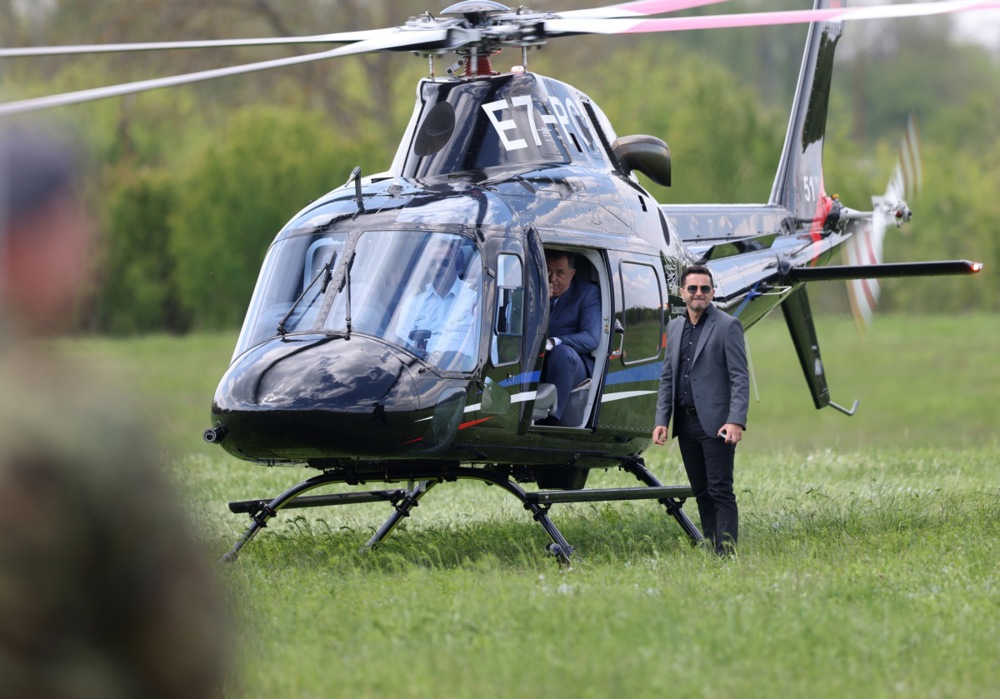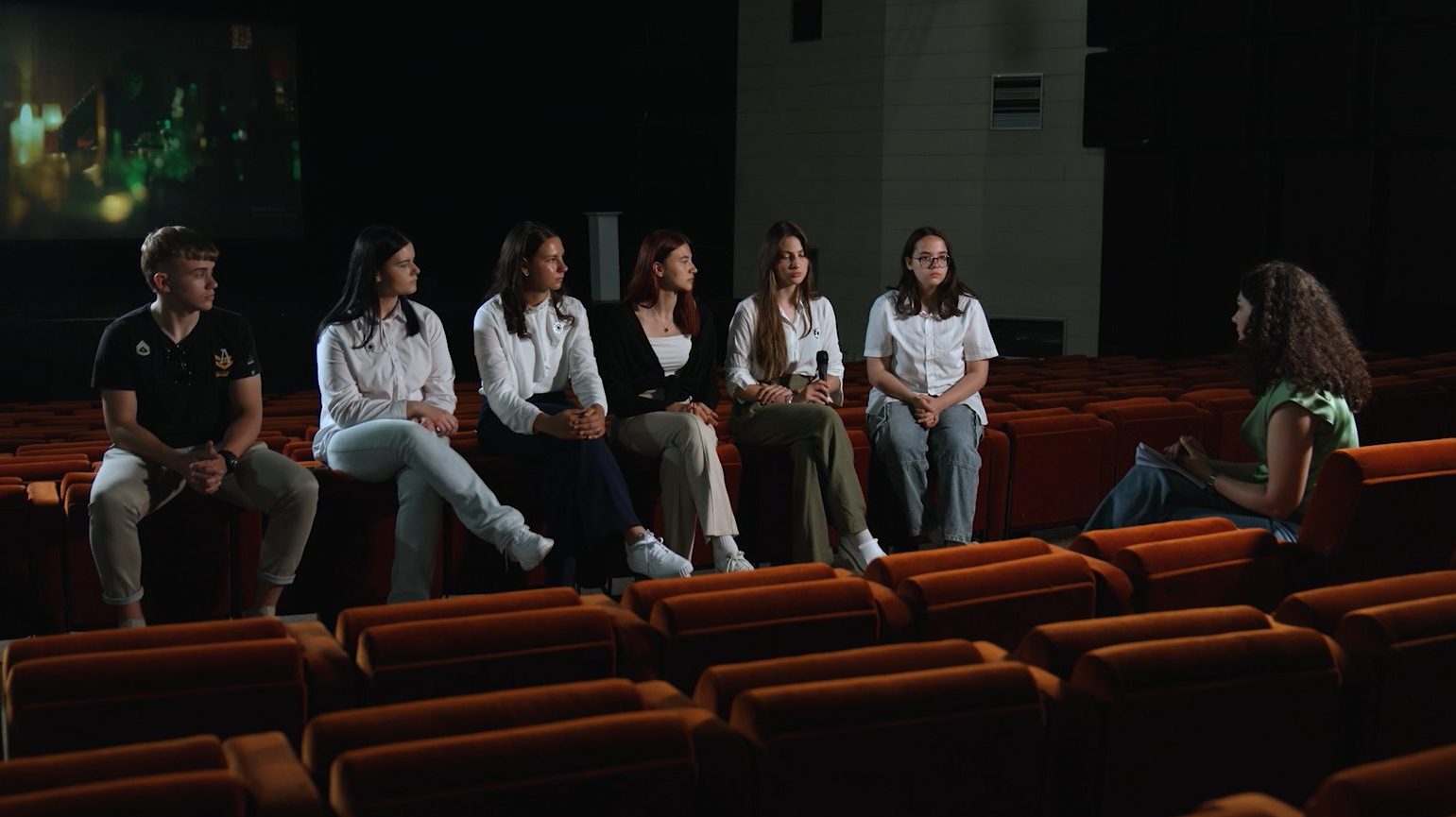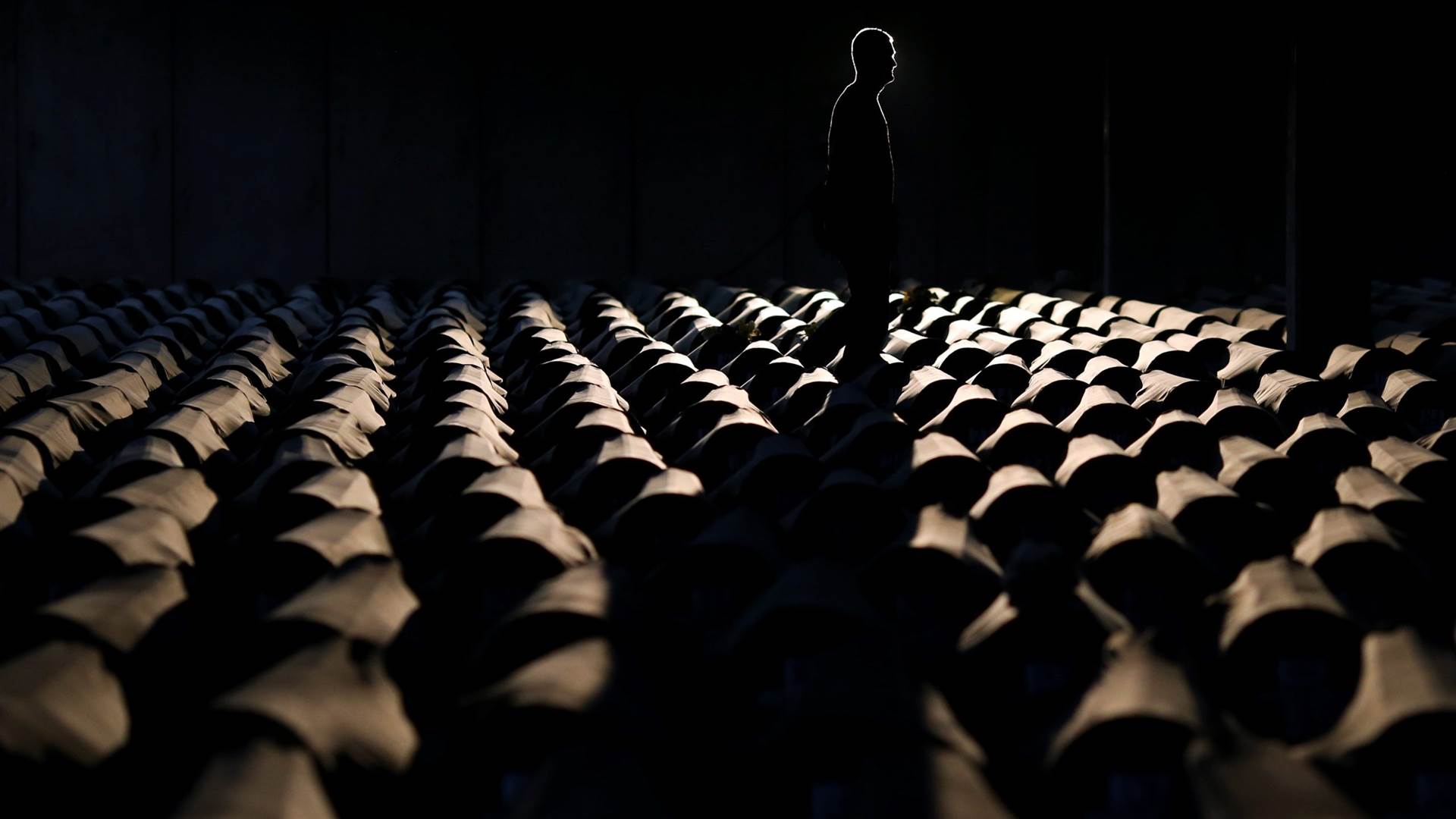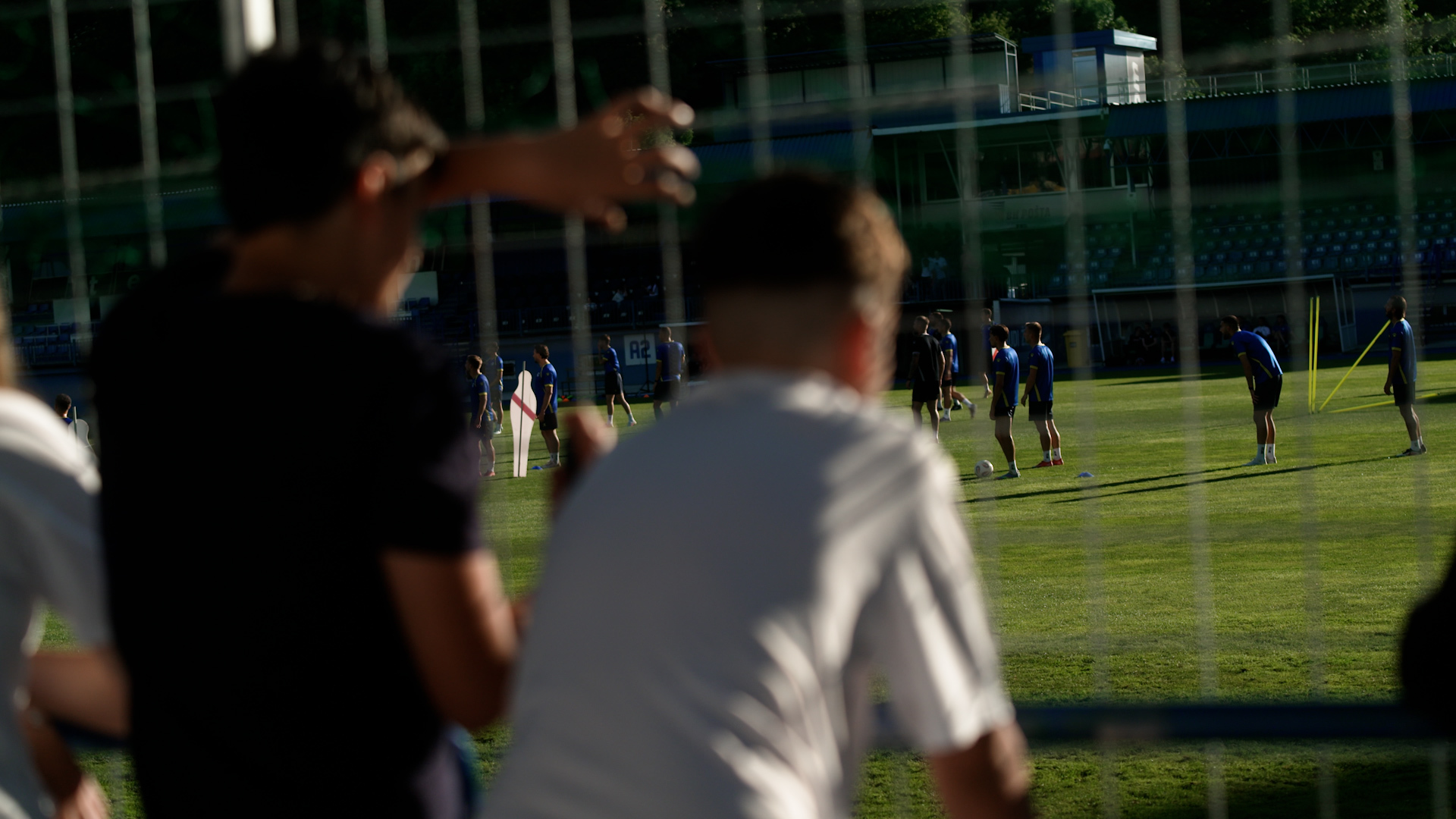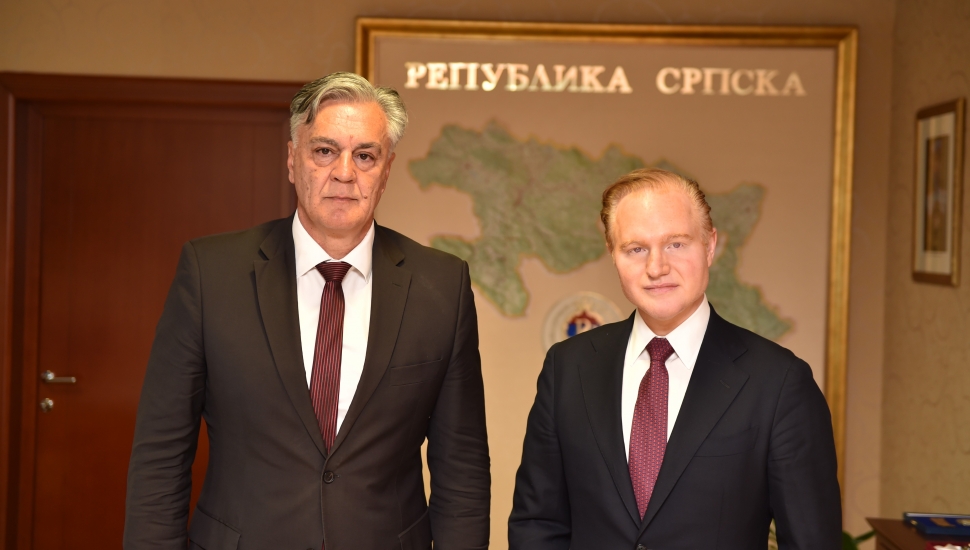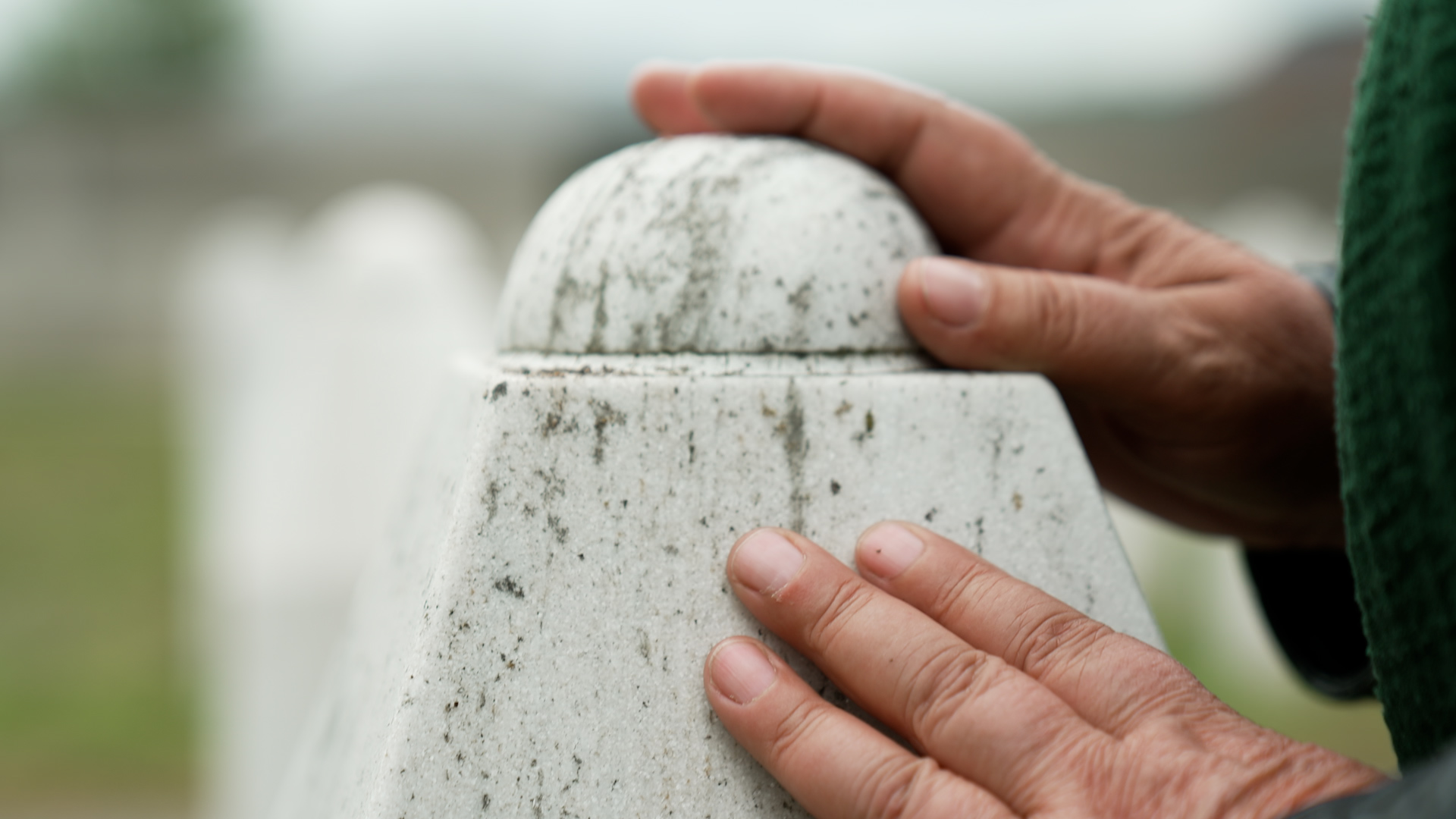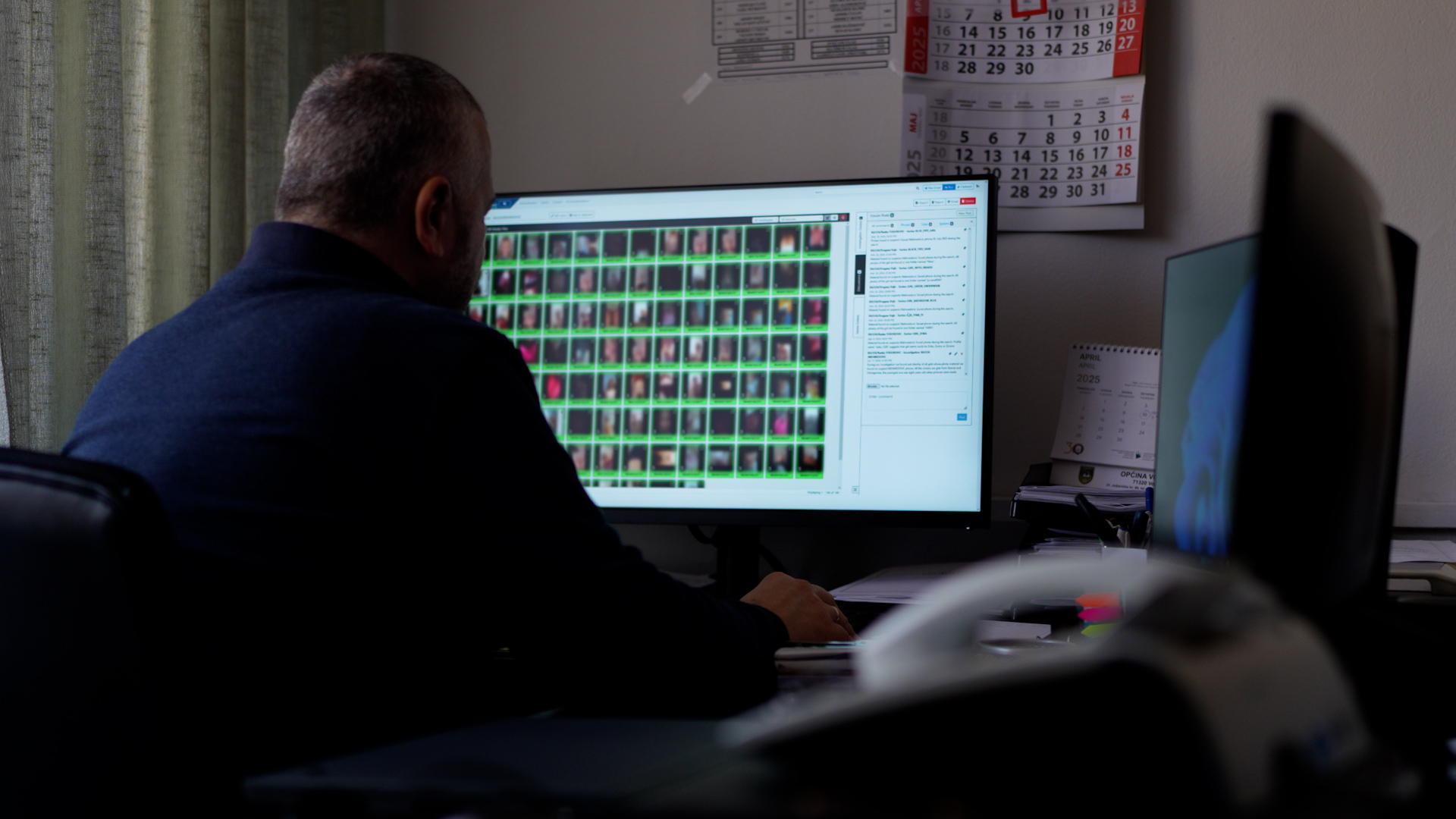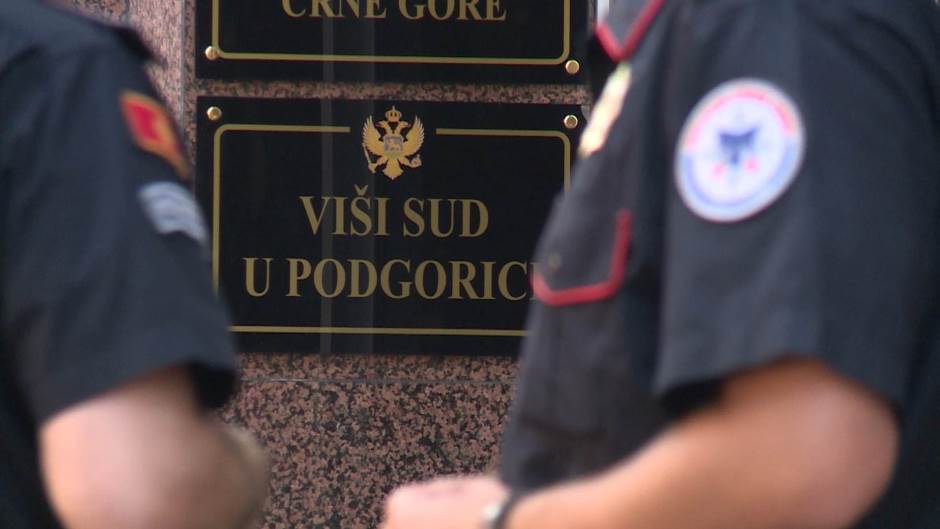Milorad Dodik may have been stripped of his post as Republika Srpska president, but he’s still got the car, the protection and a parliament happy to do his bidding.
Three important international news outlets in Bosnia and Herzegovina have been closed or threatened with closure in the past six months. From the shutdowns of Al Jazeera Balkans and Voice...
Detektor asked high school students what artificial intelligence tools such as ChatGPT teach them about the Srebrenica genocide and other war crimes in Bosnia and Herzegovina.
Thirty years after, a total of 54 people have been sentenced to 781 years in prison for genocide and other crimes in Srebrenica. But there are fewer and fewer trials,...
Supporters of Radnik FC from Bijeljina recently chanted the name of convicted war criminal Ratko Mladic during a match, but the Football Association declined to say whether it has issued...
Pro-government media in Republika Srpska claimed that an American lawyer visiting Bosnia to allegedly investigate misspending by USAID was an envoy of the US administration – except he wasn’t.
Almera Paraganlija, who was a year old when she and her mother were killed in the village of Joševa, is one of five war victims being buried at a collective...
After the first arrest for possession of AI-generated child sexual abuse images in Bosnia and Herzegovina, Detektor magazine examines how the police find out who is behind artificially-generated videos depicting...
Montenegro’s invitation to Bosnian war crime victims to testify against suspects who have found refuge from prosecution there is raising faint hopes of belated justice.

